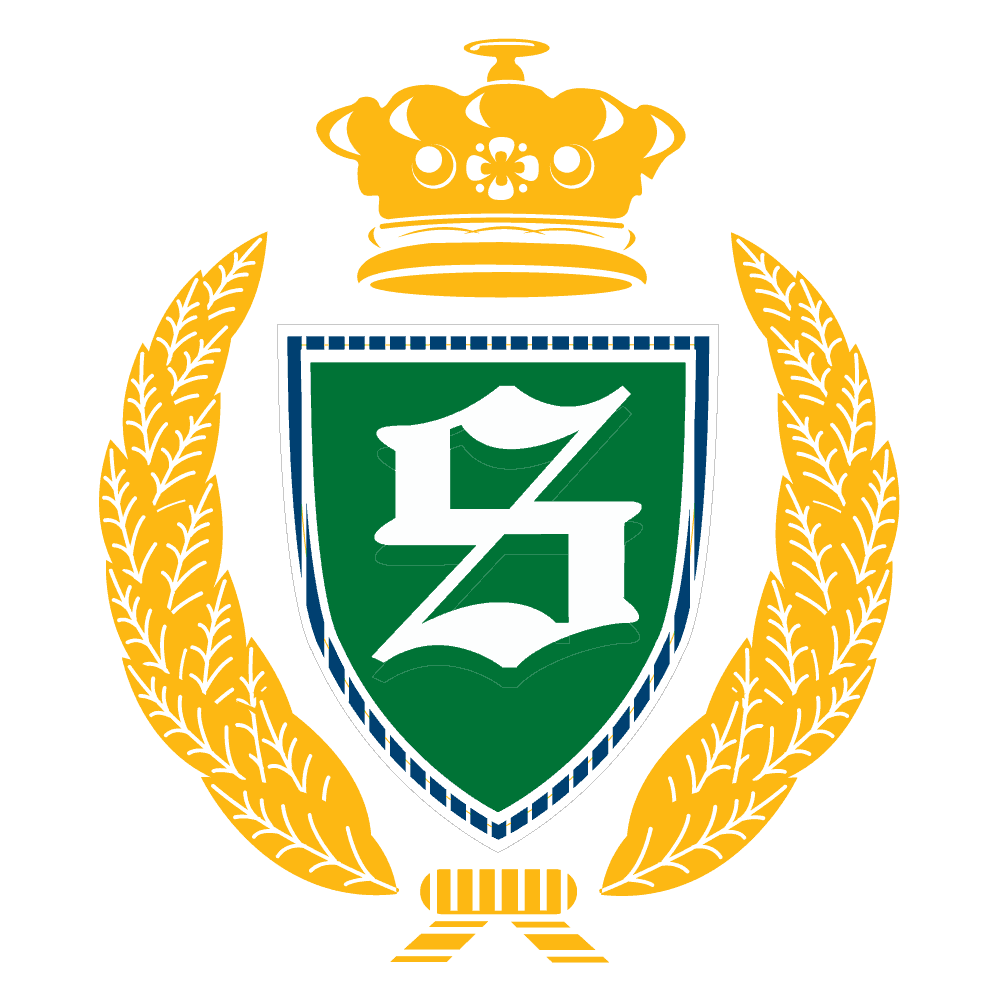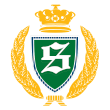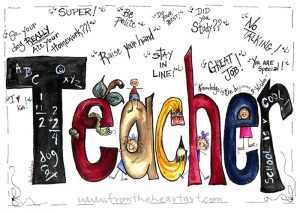Teaching is a valuable and rewarding profession. It can be a challenging career path, however, so it can be helpful to get a few tips from teachers who have blazed the trails for you. Here are some top tips for teachers new and old.
Teaching is one of the most rewarding professions out there, and it isn’t a job that you should choose because of how much (or little) it pays. Many people who choose to teach English as a second language in a foreign country may not always choose it as a vocation; however, it can certainly become one. For some, it is a calling.
In short, some of the rewards of teaching include:
- providing a service to developing young people
- knowing some lessons are ones that students will always remember,
- working in a dynamic environment, where no day is the same and no lesson turns out the same,
- drawing on your creativity to present a lesson in a new and interesting way
- teaching concepts in different ways when students may not understand the first time
- knowing that you can continue to learn and grow as a person.
While teaching English as a second language is very rewarding, you also want to be successful in the classroom. So, to be a successful teacher, here are seven basic tips to assist you on this incredible journey.
 Teaching Tip #1: Patience
Teaching Tip #1: Patience
The first tip on the list has to be patience. The saying “patience is a virtue” has never been truer or more fitting in a classroom environment. There will be times when students will not understand the first (or even third) time you explain something, be it a word, grammar point or other obscure English language point. In these cases (and many others), patience is definitely needed.
Teaching Tip #2: Not Asking ‘Do You Understand?’
This is probably one of the most common and worst mistakes a teacher can make. Seldom when asking ‘Do you understand?’ will you get an honest response. Students may think that they understand what you taught and what you wanted them to take away from the lesson, so their answer would be ‘yes’, which might not be true. You don’t want to start marking homework or tests and only then discover they don’t understand. As such, it is vital to check the students’ concept and instruction understanding.
When teaching lexis or grammar, for example, check the students’ understanding of the concept by asking questions. These questions should have clear ‘yes’ and ‘no’ answers to avoid confusion. Similarly, when you give instructions on what the students must do, whether for a group or individual activity, check that they understand what is expected of them. This may include the time they have to complete the task, understanding that it is an oral activity rather than a written or note-taking one, and also who they need to (or not need to) work with.
Teaching Tip #3: Sounding Firm
When you first start out teaching, it is very easy to not be sure of yourself as a teacher in a classroom setting. One of the most important lessons I learned at the start was that you should remember that you are the one in control, you are the teacher, and the students should listen (and obey) you. For example, if there are group activities to be done within the lesson, then you should assign who needs to work together. While student ownership is important, it is also crucial that students not only work with people they are familiar with; sometimes it is good to group ‘weaker’ with ‘stronger’ students, and at other times, grouping ‘strong with strong’ and ‘weak with weak’ students is preferable. Thus, when giving instructions, sound sure of yourself when assigning groups, and stick with your decision.
Teaching Tip #4: Consistency
Another important tip is to always be consistent as a teacher. Your ‘yes’ should mean ‘yes’, and your ‘no’ should mean and be exactly that. This will make sure that there is no confusion and it also sets clear boundaries within which the class can operate. Not being consistent as a teacher only causes confusion and allows students to test your boundaries even more because they will try to push their luck.
 Teaching Tip #5: Classroom Rules
Teaching Tip #5: Classroom Rules
Related to Tip#4, any classroom rules that are decided on should be consistent. It is important to set these at the start of teaching a new group so everyone knows what is and isn’t allowed. Write these down on a poster, put it up on a wall, and even get the students to sign it. This gives you as the teacher more ground to hold them to the agreed upon rules. It is also a good idea to involve students in the setting of the rules; not only does this give them some ownership, but when the rules are not followed as set out, then you can also refer to the rules and say that everyone agreed on them. As such, they should be followed by everyone in the class.
Teaching Tip#6: i + 1
This is known as the Input Hypothesis or Monitor Model by Stephen Krashen, an expert in linguistics, and refers to students only improving and making progress when they receive ‘input’ that is one step further that their current level of competence. Thus, ‘i’ is the current level the student is at, and ‘+1’ is the comprehensible input, or the target language the learner is able to understand because of level ‘i’. This makes it easier for the student to learn what you are teaching.
Teaching Tip #7: Self-reflection
As a new teacher, self-reflection is one of the most important things to undertake after each and every class. It is good to take stock of what worked well during the class, what didn’t, and also examine what could have gone better. If you do this after every lesson – just a quick five minute exercise – then you can see what you need to do to improve, you will have a list of things that worked well that you can use in the future, and you will (hopefully) know when you need to ask for help from more experienced teachers.
There are, of course, many more teaching tips that could be written and even debated about. Why don’t you share some of your tips with us?
About the Author
Denine Walters is currently a freelance writer, editor/proofreader and ESL teacher. Previously, she taught online English lessons to students from all around the world and, before that, she lived and taught English to young learners in Taiwan. In her free time, she likes to read, do scrapbooking and grammar quizzes, and travel. For her educational background, she has an MA in Politics, with a dissertation written on post-conflict peacebuilding, a BA Journalism degree, a TEFL and CELTA certificate, and also a few certificates in various other short courses.

We're hiring!
With schools around the world, Shane English School always has exciting new opportunities to offer.



 Teaching Tip #1: Patience
Teaching Tip #1: Patience Teaching Tip #5: Classroom Rules
Teaching Tip #5: Classroom Rules